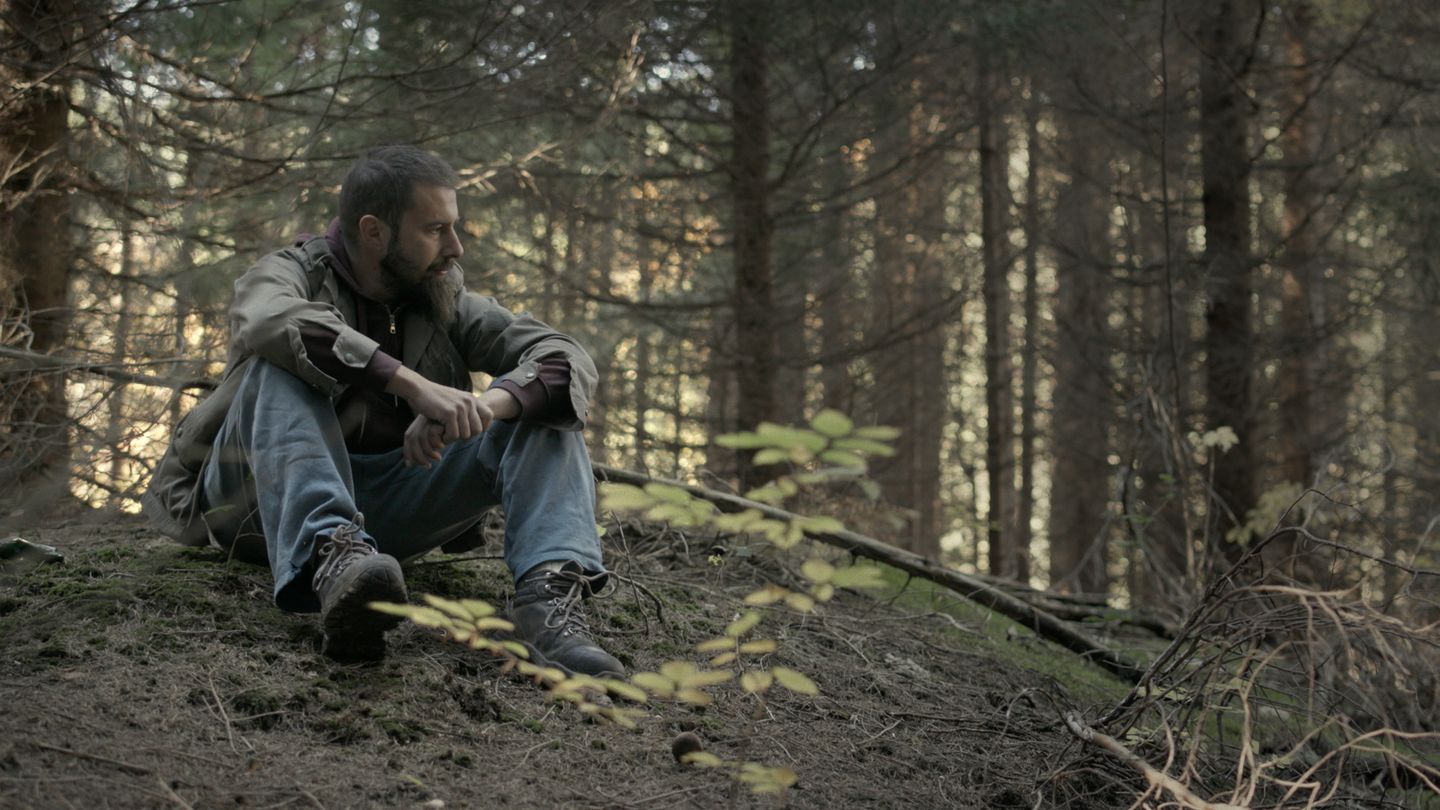
When companies sell off their problem child
It’s convenient when a company can sell off a division that is both bad for its image and bad for business.
Nestlé grabbed its chance this week when it sold its US and Canadian bottled water brands to a private equity firm for $4.3 billion.
The division has been under constant attack from communities in the US that argue the Swiss food giant is draining local water sources and profiting handsomelyExternal link from it. The rise in resentment against plastic bottles littering the oceans has dented the popularity of bottled water in general. The company sold its water business in Brazil in 2018 amid similar criticism.
With the bottled water heydays over, creating paltry growth prospects for the division, the US sale was probably more of a relief than a loss.

More
Nestlé in talks with One Rock consortium on bottled water sale
The food giant exceeded analysts’ expectations for 2020 thanks in large part to growth in the pet food segment and the stockpiling of KitKats and other packaged goods in pantries. It was probably nice for CEO Mark Schneider to talk about the company’s big goals to tackle climate changeExternal link without the dark cloud of bottled water scandals in the US hanging over his head.
But the company has plenty of other battlefronts. It’s bottled water division in France is up against allegations of exploiting local water sourcesExternal link.
In other news:
Barry Callebaut is under pressure from all sides. Along with Nestlé, the Swiss cocoa producer is named in a lawsuit filed in the US by former child workers in the Ivory Coast who accuse the companies of aiding and abetting slavery in the cocoa supply chain.
Its customer Tony Chocolonely – a small Dutch firm whose raison d’être is to make 100% slave free chocolate the norm is also pushing the company to get children out of the supply chain. The Dutch firm was removed from a list of slave free companiesExternal link because it buys chocolate from Barry Callebaut. Tony Chocolonely defends the ties arguing that they want to show traceability is possible at scale.
Cocoa traders in Ivory Coast are also pointing the finger at Barry Callebaut, Swiss firm Ecom and four other multinationals for creating a monopoly over cocoa trading in the country that they say effectively shuts out domestic tradersExternal link.
Switzerland is allowing big shipping companies to fly under the regulatory radar. In an op-ed anti-corruption expert Mark Pieth writes that a complex web of financial players and transactions has so far allowed Switzerland as the host state of shipping companies to evade responsibility for the sector. Unlike for the financial services or pharmaceuticals industries, there is no regulator for shipping companies based in Switzerland. The industry is far from a shining example of clean business practices. In January, Geneva-headquartered MSC agreed to payExternal link 34 million euros to the Dutch government for containers it lost in the North Sea.
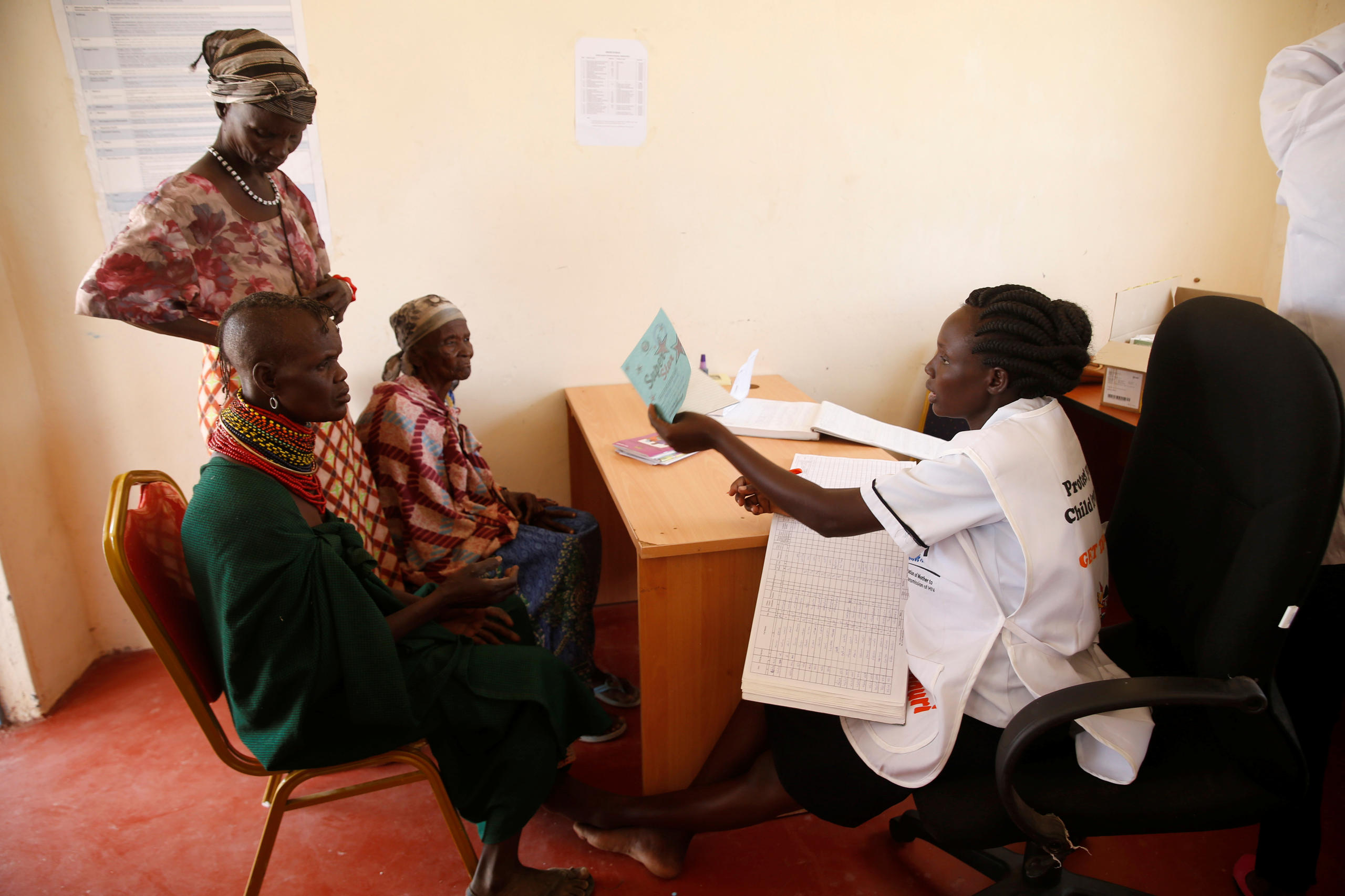
More
Can Novartis really make its medicines available to everyone?
Novartis wants to make their drugs available to everyone who needs them. I looked into how the company plans to do this for some of its expensive therapies that are already out of reach for patients in wealthy countries. One way is introducing budget alternatives for some drugs based on people’s ability to pay. Public health activists argue that the problems of excessive pricing won’t go away until there is transparency.
The Swiss pharma giant made other headlines in the past few weeks. It signed a deal to help Pfizer/BioNtech manufacture its RNA vaccine and has also made a hefty deal on antibiotics with GSK.
Looking ahead: Swiss head to the polls again in March to vote on a referendum to block a free trade deal with Indonesia over concerns that it will worsen exploitation and deforestation associated with palm oil production.
Also, check out this story on dirty goldExternal link by Paula Dupraz-Dubois, which just won a prizeExternal link for environmental journalism.
Have feedback on our coverage or story tips? Send me a message: jessica.davis@swissinfo.ch
Thanks for reading.
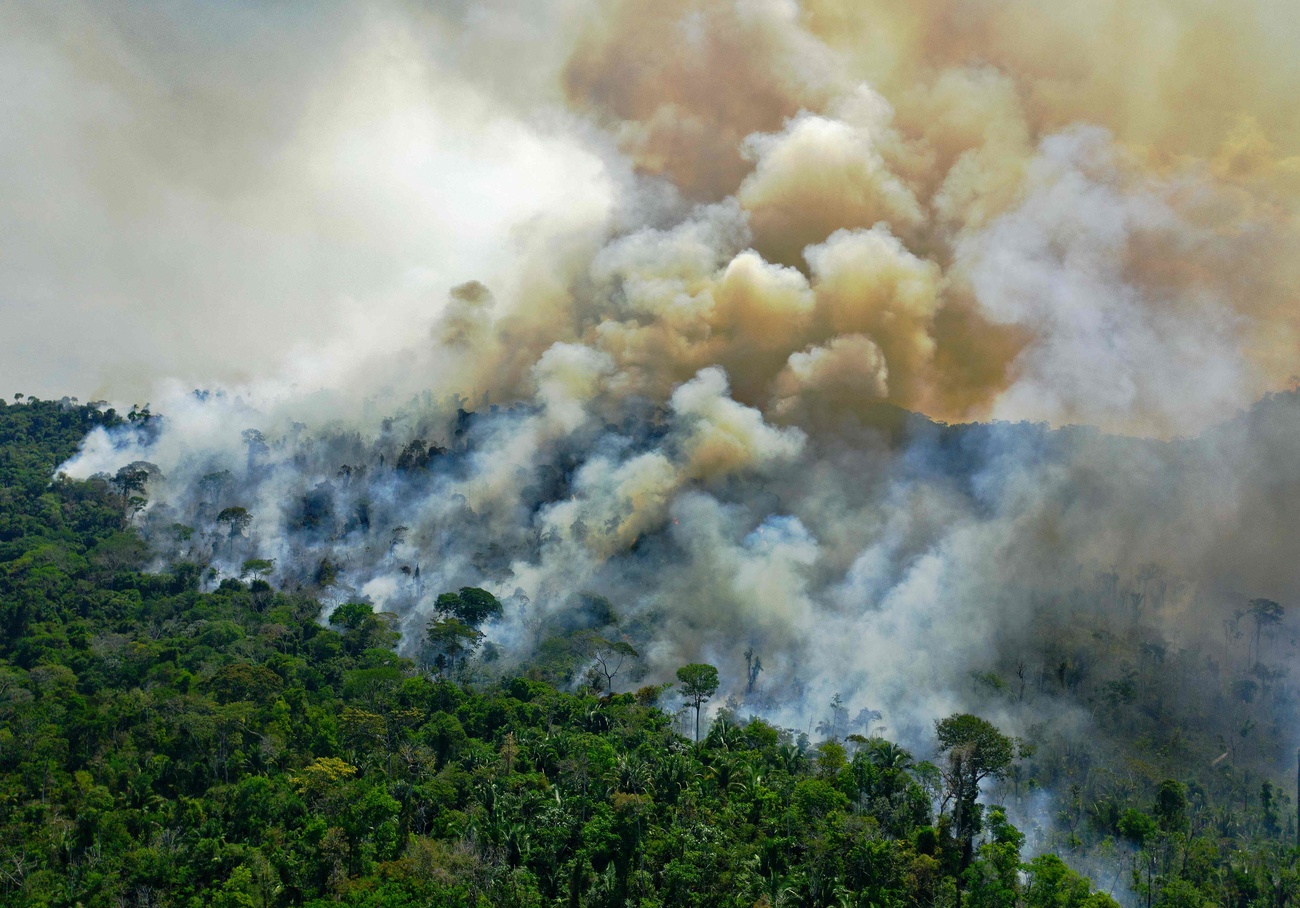
More
Why is the Amazon still at risk despite ‘zero deforestation’ commitments?

In compliance with the JTI standards
More: SWI swissinfo.ch certified by the Journalism Trust Initiative

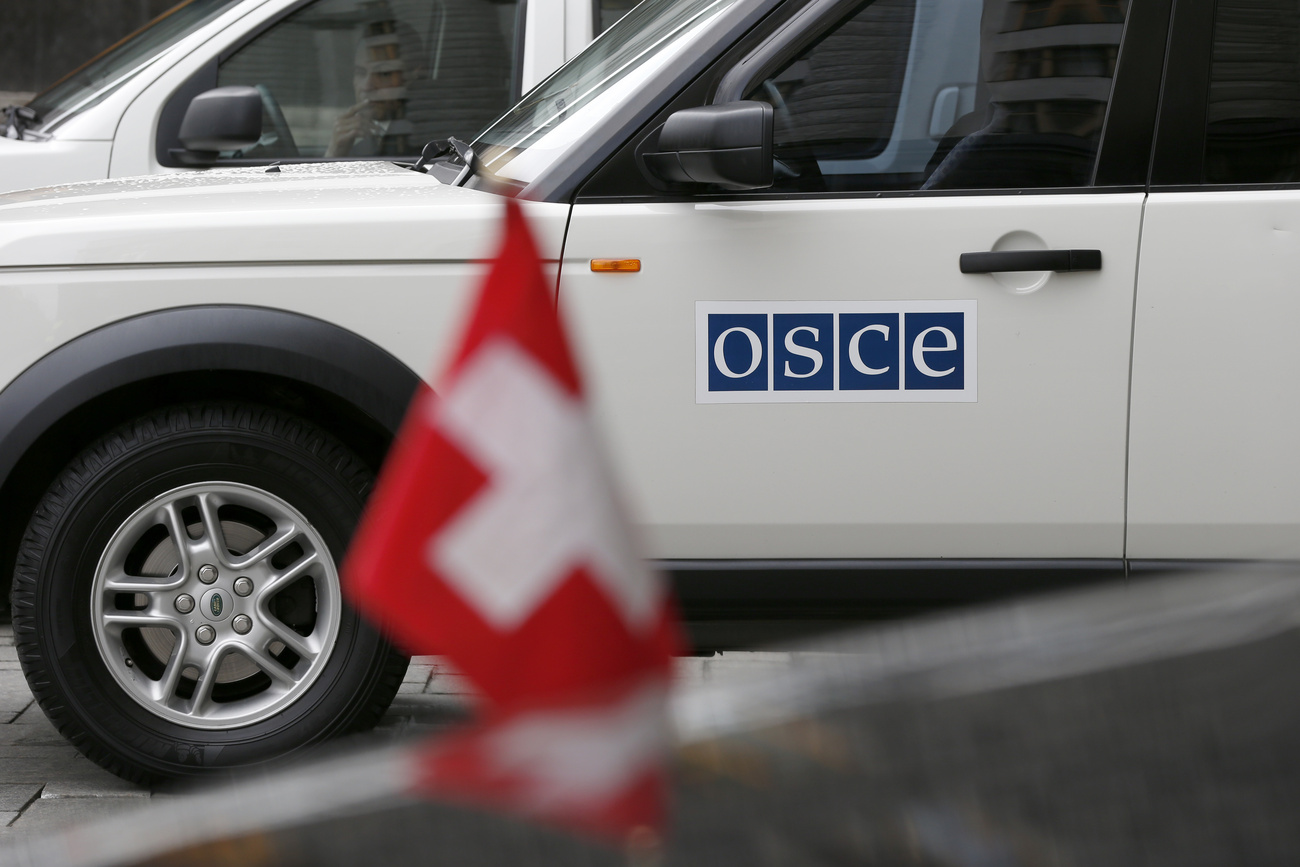









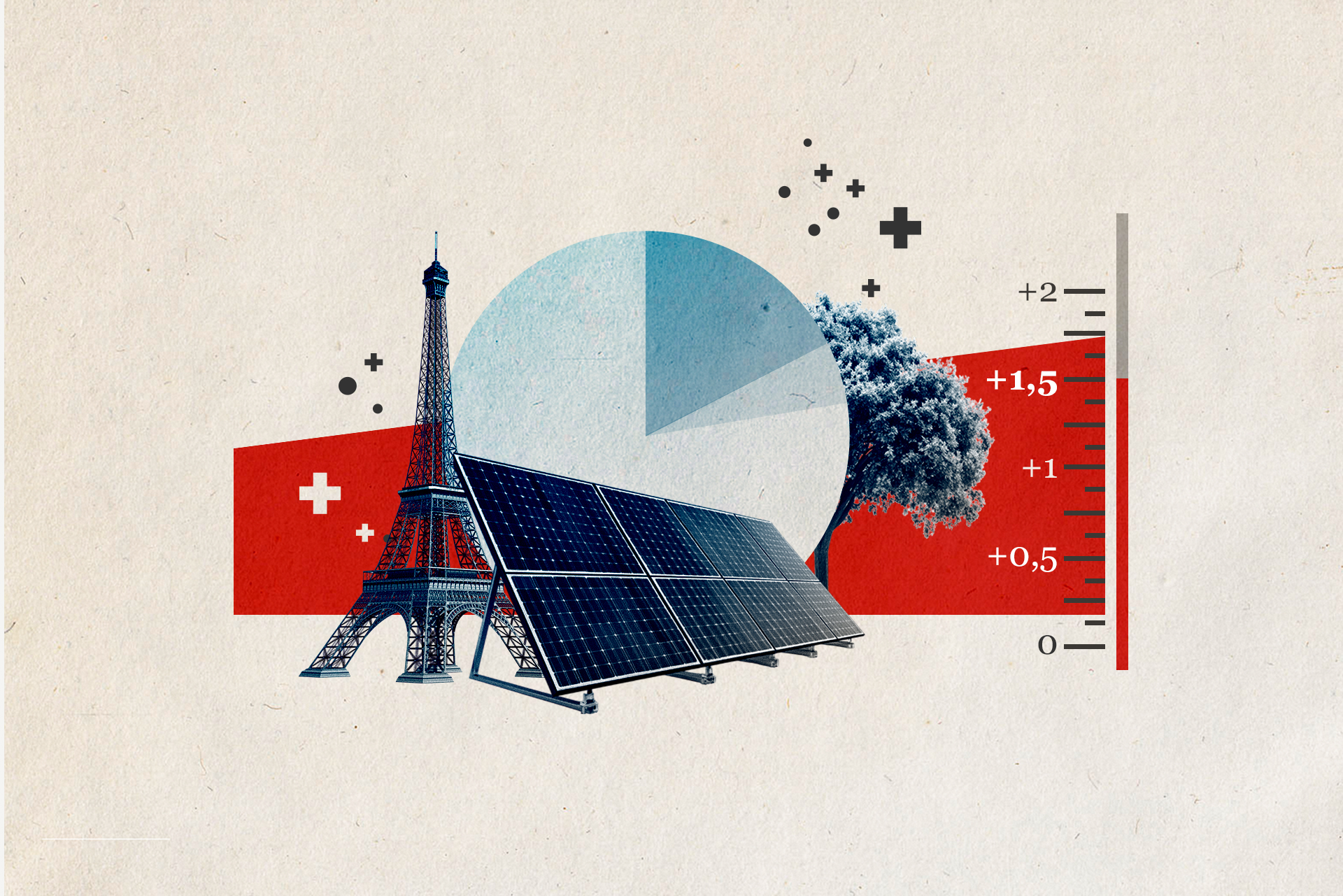


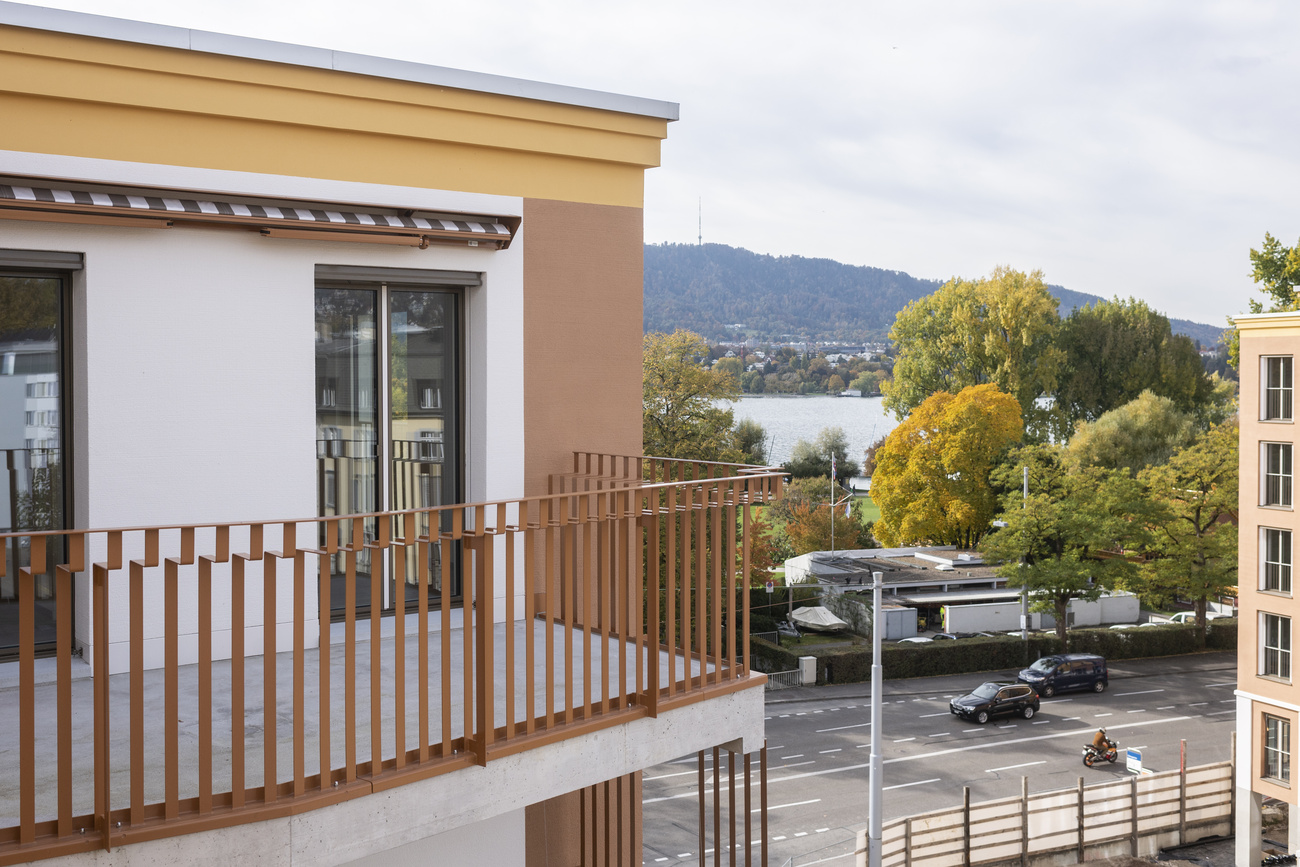












Join the conversation!